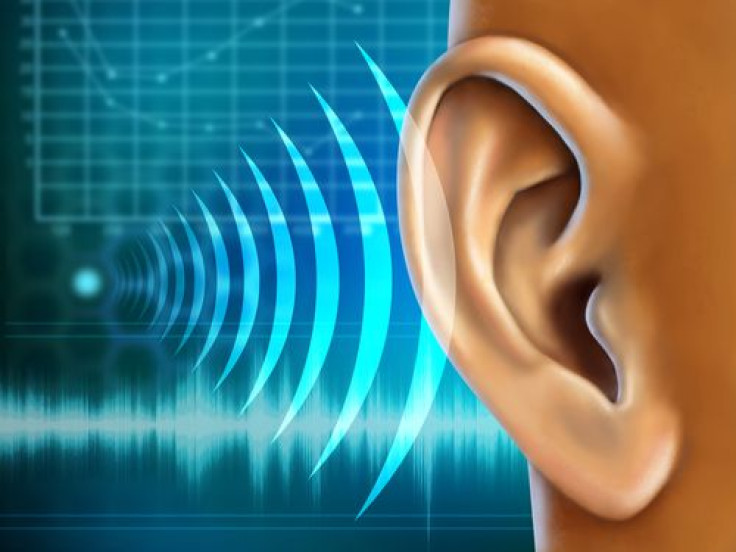FDA Approves First-Ever Implantable Hearing Device For People With Specific Hearing Impairment

The first-ever implantable hearing device for people who can hear low-frequency sounds but not high-frequency sounds has now been approved for the U.S. market, regulators said on Thursday.
Christy Foreman, a spokesperson for the Food and Drug Administration, said in a press release that the new device is designed to help people suffering from so-called sensorineural hearing loss. “Hearing loss greatly impacts the education, employment, and well-being of many Americans,” he said. “This device may provide improved speech recognition for people with this kind of hearing loss, who have limited treatment options.”
Sensorineural hearing loss is caused by damage to the cochlea, or the inner ear. The impairment is characterized by an inability to hear certain frequencies of sound. According to the American Speech-Language-Hearing Association, it is currently the most common type of permanent hearing loss.
The newly approved device, dubbed the Nucleus Hybrid L24 Cochlear Implant System, helps users hear these lost frequencies by interpreting sounds and translating them into electrical impulses. This creates a sense of sound that the user gradually learns to associate with mid- and high-frequency stimuli. The device can also help amplify the sounds a user can already hear.
In accompanying study, the agency invited 50 individual with severe to profound high-frequency hearing loss to try the new implant. The trial runners found that after six months of use the majority of the participants reported significant improvement in word and sentence recognition compared to what they had previously achieved with conventional hearing aids.
That said, a majority of patients also experienced one or more anticipated side effects, such as tinnitus, dizziness, and even low-frequency hearing loss. Six patients ended up having additional surgery to replace the new implant with a conventional one.
“While the risk of low-frequency hearing loss is of concern, the FDA determined that the overall benefits of the device outweigh this risk for those who do not benefit from traditional hearing aids,” agency officials wrote. “Prospective patients should carefully discuss all benefits and risks of this new device with their physicians.”
The National Institutes of Health estimates that nearly 36 million Americans, or one in every five adults, report some degree of hearing loss. More than 40,000 adults and 25,000 children use cochlear implants.



























